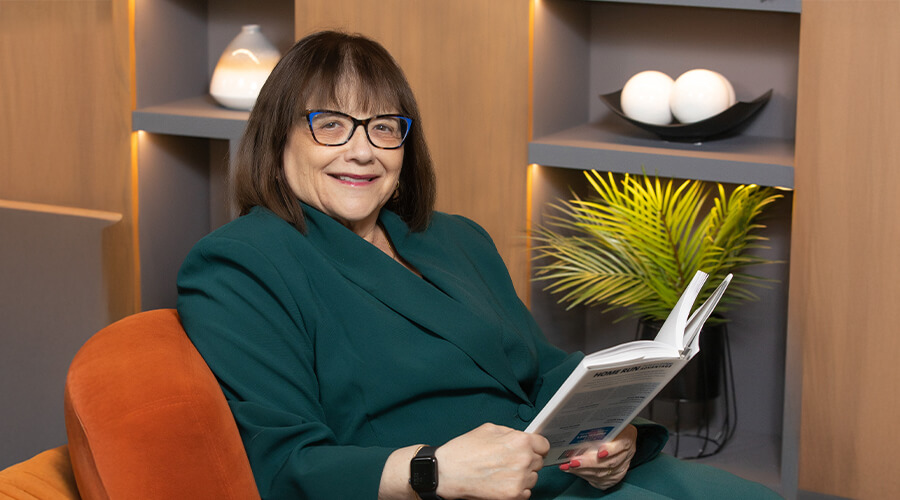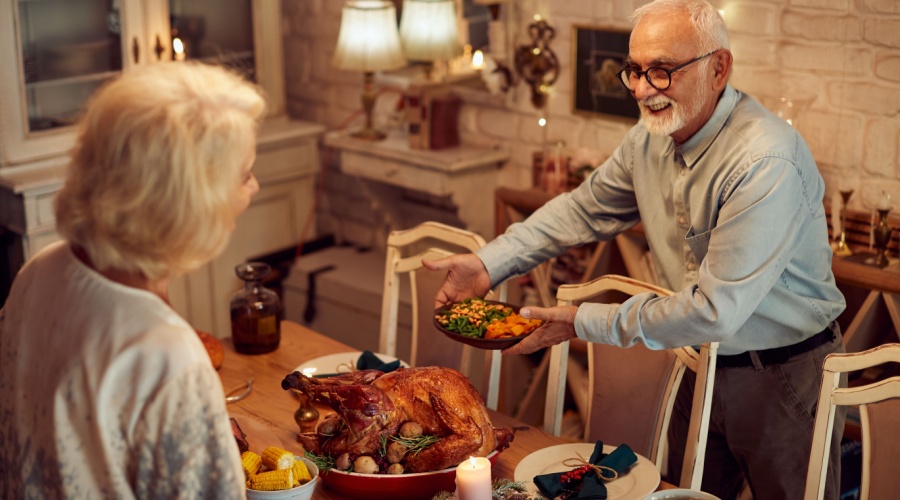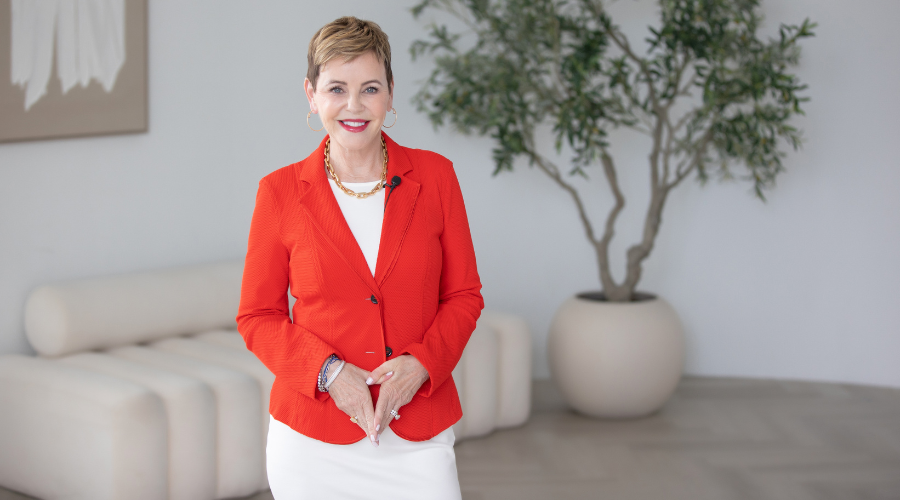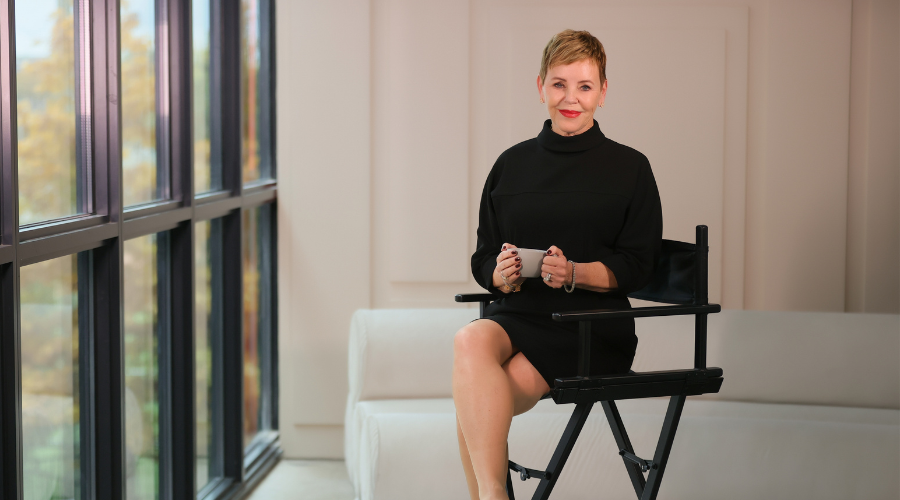By Susan Williams
I still vividly remember where I was when I received the news. I was out for a walk with my husband and received the dreaded call from my brother. He said, “Dad just died”.
I was in total shock. At 84, my father had been in good health and typically hiked about 3 miles a day. However, on this day, he suffered a massive heart attack and died immediately on the trail. The only comfort I took from my loss was that he passed away while doing something he loved.
My parents lived a long distance away from us. As funeral plans were being made, my husband and I decided that we would spend a week with my mother after the service just to make sure that she was settled and had everything she needed.
The funeral was held during the pandemic, so it was a very small and intimate service. I was grateful we at least were able to do this as so many other families had been denied this ceremony.
As everybody packed up and left following the service, we stayed back with my mom. Our plan over the course of the week was to make sure that she had groceries, provide her a shoulder to cry on, that sort of thing. My father had always been quite organized so we anticipated that my parent’s financial situation was in good shape and my mother wouldn’t have any problems. We had no idea just how wrong we were.
Uncovering Financial Realities After Personal Loss
As many families often do, my parents had divided up their household responsibilities. In their case, my father managed the finances, and my mother ran the home. Beyond knowing that she had a debit and credit card and who their financial advisor and bank was, my mother had no idea of her financial situation.
My husband took a look at my father’s financial records and though it may have made sense to him, we couldn’t figure any of it out. To make a long story short, it took us many months to get all of my parent’s financials sorted. We had to sort through what bills needed to be paid, how they were paid, what and where their financial investments were, where their income was coming from and how property and government taxes were being paid.
As well, my father left my mother as the executor of his estate. We also learned just how much work is involved in settling an estate as my mother was in no way equipped to handle this. All through this time, my mother kept saying, “Your father never taught me how to be a widow”.
The Importance of Financial Literacy and Financial Preparedness
This life experience caused me to stop and consider my own situation. As much as I don’t want to think about it, there is an approximately 3 times higher probability that I will be widowed rather than my husband. Close to 20% of women are widowed by ages 70 to 75 and this increases to 47% between ages 80 to 84.
Unfortunately, financial elder abuse is also a significant issue and sadly committed very often by family members or people that care for us. Without having a good grasp of our financial situation, we could be at an increased risk for this to happen.
Which made me wonder, if my husband was to pass before me, would I have a good handle on my own personal financial situation? Do I feel I have the necessary financial literacy to be able to independently manage my finances should my husband not be here?
Building Financial Literacy for the Future: Insights from Home Equity Bank
As shared by HomeEquity Bank, provider of the CHIP Reverse Mortgage, financial literacy is defined as having the knowledge and understanding of a number of personal financial subjects.
This includes;
- Managing money
- Borrowing
- Credit
- Credit cards
- Debt management
- Mortgages
- Investing
- Retirement benefits
When we are knowledgeable on these topics, we should then be well equipped to make financially responsible decisions.
I believe that I am in pretty good shape in understanding and managing my personal financial situation. However, upon my review, I did realize that I do have some gaps in my knowledge of government retirement and pension benefits. As well, there are tax implications when it comes to retirement income which I really should have a better understanding of. So, I’m not completely in the clear and still have some learning to do.
As well, through my experience with my mother, I also found out that I need to have good financial records in place that could be easily understood. Having to deal with someone’s death is hard enough never mind compounding it with complicated financial matters. I plan to do this and then review them with my family to make sure that they have a good understanding should something ever happen to either my husband or I.
As is often said, knowledge is power, and when it comes to our financial future, it’s crucial to be prepared. No one knows for sure what tomorrow holds, however being financially knowledgeable and prepared can make a major difference – especially if you ever find yourself becoming a widow.
Do you need to increase your financial literacy? Be sure to check out Financial Bootcamp with Pattie Lovett-Reid































